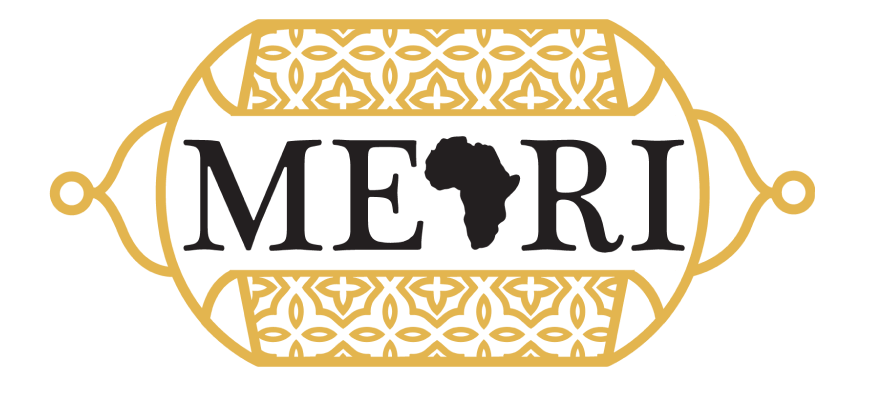A new report from the Middle East Africa Research Institute (MEARI) warns that South Africa’s foreign policy double standards are beginning to carry real-world consequences. The report, Ties to Tehran: South Africa’s Democracy and Its Relationship with Iran, reveals how the ANC government’s alignment with Iran’s theocratic regime is undermining South Africa’s democratic values and strategic interests.
As global scrutiny mounts and consequences begin to materialise, MEARI’s report urges a national reckoning with the ANC’s foreign policy choices—before South Africa’s economic and diplomatic credibility suffers further damage.
The 75-page report examines how post-apartheid South Africa quietly cultivated a strategic relationship with Iran – a regime internationally condemned for terrorism sponsorship, repression of women, and systemic human rights abuses.
At the heart of the report is a stark contradiction: how does a democratic South Africa, whose constitution champions human rights, equality, and freedom, continue to embrace a regime notorious for systemic repression, brutal crackdowns on dissent, and a deeply theocratic governance model?
Key revelations from the report
- The Iranian revolutionary regime and apartheid South Africa were covert trade partners, exchanging oil for weapons and nuclear materials into the 1980s while proclaiming to support the anti-apartheid struggle and funding the ANC.
- In the post-apartheid era, Iran continued to back the ANC for ideological reasons, and that continues to shape foreign policy, often at odds with South Africa’s constitution.
- South Africa has consistently shielded Iran at the United Nations and the International Atomic Energy Agency, often voting against sanctions or abstaining from them.
- South African foreign policy has repeatedly contradicted its constitutional values—including defending Iran’s nuclear ambitions, downplaying Iran’s human rights record, and aligning with regimes accused of terrorism.
- South African telecoms giant MTN’s 49% stake in Iran’s Irancell has been mired in scandal, with allegations of bribery, arms negotiations, and undue influence over South Africa’s foreign policy. The MTN/Turkcell matter is pending before the Constitutional Court, following Turkcell’s victory at the Supreme Court of Appeal, and is awaiting a decision on whether MTN’s application for leave to appeal will be granted.
- The report raises questions about whether South Africa’s case against Israel at the International Court of Justice (ICJ) was driven by constitutional principles or external pressure. It highlights the close timing of the ICJ filing and high-level visits to Tehran, as well as Iran and Hamas’s public praise for South Africa’s legal action. Days after filing the case, the ANC—then on the brink of bankruptcy—mysteriously settled a multi-million-rand debt, prompting speculation from analysts that Iranian support may have been involved.
- Iran is deeply linked to terrorist proxies such as Hezbollah and Hamas. The ANC has long-standing ties with Hamas, which is one of its few foreign allies in South Africa, alongside others such as Iran, Gaza, and Qatar.
Ties to Tehran: South Africa’s Democracy and Its Relationship with Iran is produced by the Middle East Africa Research Institute, based on archival research, expert interviews, court filings, and records of international diplomacy.

